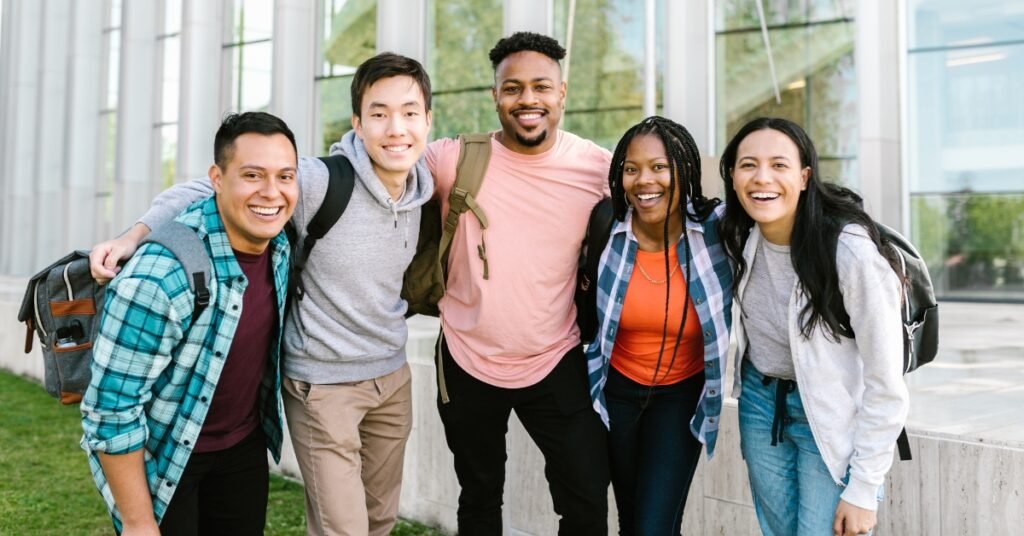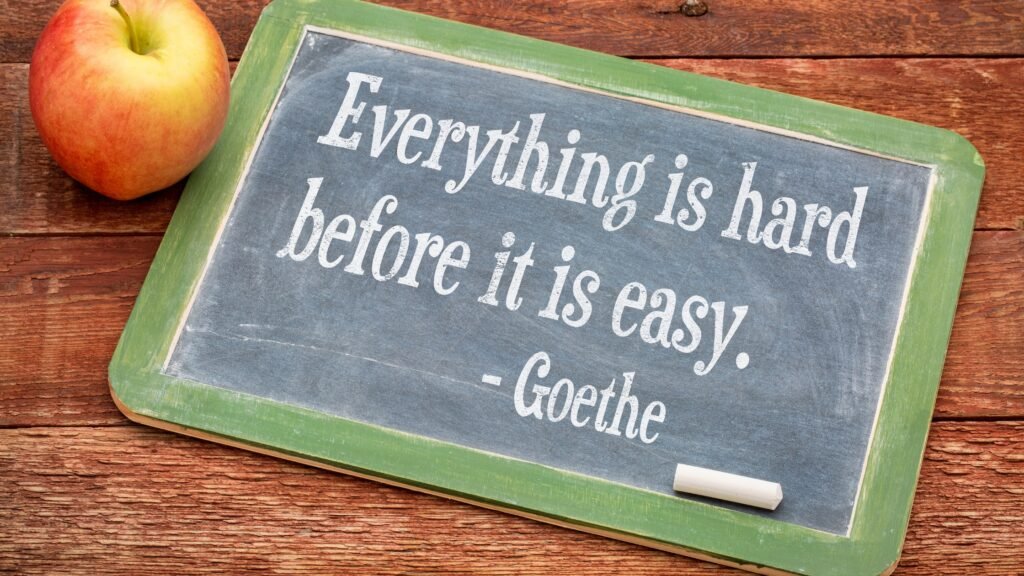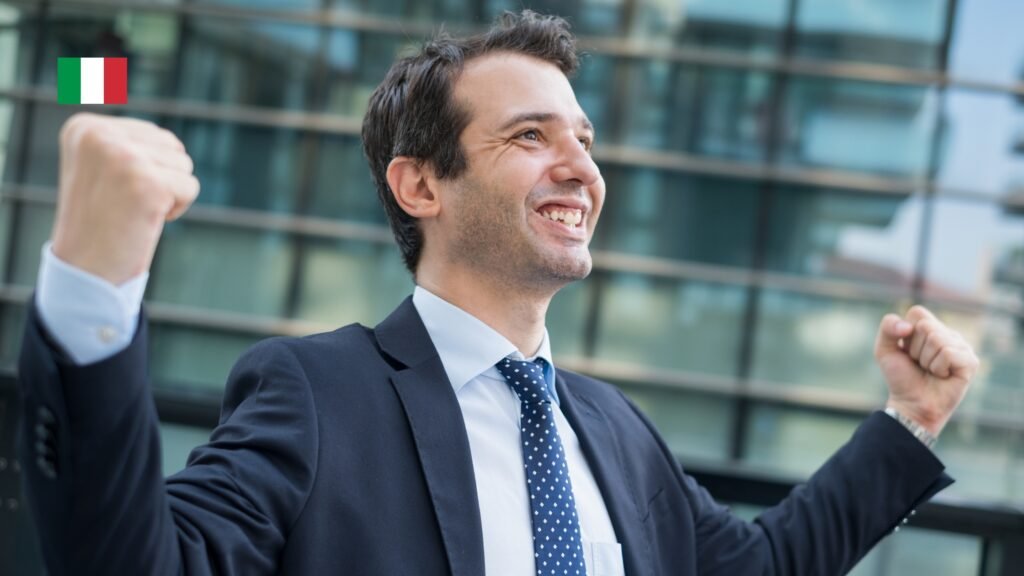A Biography of Nelson Mandela, the Revolutionary Leader Who Changed South Africa and the World
Table of Contents
Introduction
Nelson Mandela, a trailblazing freedom fighter and the first black president of South Africa devoted his life to dismantling apartheid and fostering racial reconciliation.
His unwavering commitment to justice and equality transformed South Africa and inspired millions worldwide.
This article takes you through his incredible journey from a rural childhood to a global icon.
Early Life
Born on July 18, 1918, in Qunu, a small village in South Africa, Mandela was the son of a local chief.
Raised amidst the rolling hills and traditional customs, young Mandela gained valuable life lessons that would later shape his political vision.
Education
Mandela’s early education took place at a local missionary school, where he excelled and developed a passion for learning.
Next, he studied at the prestigious University of Fort Hare and later the University of the Witwatersrand.
During his time at university, Mandela’s activism began to take shape.
Career
His tireless pursuit of racial equality marked Mandela’s career. Joining the African National Congress (ANC) in 1944, he became a leading figure in the struggle against apartheid.
Arrested and imprisoned multiple times for his activism, Mandela’s most famous sentence began in 1964.
He spent 27 years behind bars, eventually gaining release in 1990.
However, his unbreakable spirit inspired the world.
In 1994, Mandela made history when he was elected the first black president of South Africa.
Serving one term, he worked tirelessly to dismantle the apartheid system and promote reconciliation between racial groups.
Personal Life
Mandela married three times and had six children.
Despite facing numerous personal tragedies, including the loss of his eldest son in a car accident, he was a dedicated family man.
Mandela was also known for his love of gardening, boxing, and his signature dance, the “Madiba Jive.”
Accomplishments
Mandela’s remarkable accomplishments include the Nobel Peace Prize in 1993, the U.S. Presidential Medal of Freedom, and the Soviet Union’s Lenin Peace Prize.
His greatest achievement, however, remains the dismantling of apartheid and the establishment of a new democratic South Africa.
Controversies or Scandals
Mandela faced criticism for his early involvement with the ANC’s armed wing and allegations of human rights abuses.
However, his unwavering commitment to peace and reconciliation ultimately overshadowed these controversies.
Legacy
Nelson Mandela’s legacy is one of hope, courage, and resilience.
His unyielding fight for justice and equality has left an indelible mark on South Africa and the world.
Today, his life inspires generations of activists and leaders who seek to follow in his footsteps.
Quotes
- “Education is the most powerful weapon you can use to change the world.”
- “The greatest glory in living lies not in never falling, but in rising every time we fall.”
Additional Resources
- Mandela: Long Walk to Freedom (biography by Nelson Mandela)
- Conversations with Myself (book by Nelson Mandela)
- Mandela: The Authorized Biography (book by Anthony Sampson)
- Mandela: Long Walk to Freedom (film)
- The Power of One: The Life and Times of Nelson Mandela (documentary)






